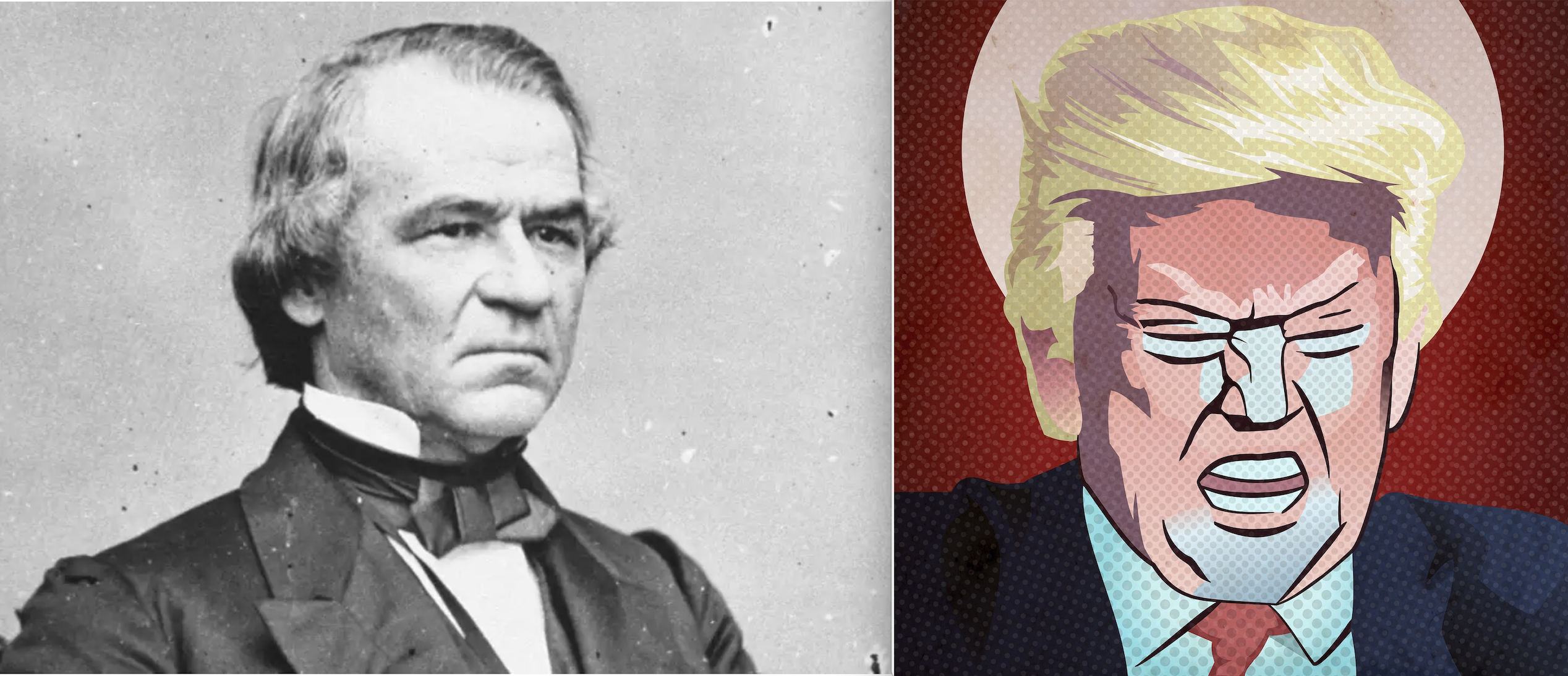The Importance of Voir Dire
With the historic impeachment of Donald Trump in the news, it seems everyone is rushing to applaud or condemn the House’s decision to bring a case against the President. With politics more polarizing than ever, opinions are in no short supply. However, putting aside normative concerns and analyzing what is happening descriptively can show us lessons that apply in the larger criminal context. In this case, when charged with a crime, the jury makes all the difference.
How is Impeachment like Indictment?
The Constitution gives the House of Representatives the sole power to impeach the President. As civics students know, impeachment does not remove the President from office any more than an indictment sends someone to jail. Rather, impeachment is the decision of the legislative body to bring a case—one that will be heard and decided by the Senate. In this way, impeachment mirrors the process of everyday felony indictment at the state level. To help prevent corruption or charges being brought too casually, a person must be indicted by a grand jury before he or she must defend a felony charge.
An Impartial Jury?
Senate majority leader Mitch McConnell has gone out of his way to pronounce that he, and many other GOP senators, do not regard themselves as impartial jurors in the impeachment matter. In fact, McConnell has stated that he intends to cooperate closely with the White House to reach an acquittal as soon as possible so that Trump may remain in office. Some view this decision as strong leadership for the cause of larger party unity, while others decry it as clear dereliction of duty and abandonment of an important check on executive power. For the purpose of consideration, imagine that in an every day felony case, the jury foreman stated that he intended to work closely with the defendant to reach an acquittal (before hearing the case). Could that juror follow the law?
What every good trial lawyer knows is that there is no such thing as an impartial jury. Every person on a jury panel has implicit biases on a wide range of subjects. The hard nosed banker will vote differently than the idealistic recent college graduate because of the differences in their life experiences. A person who has been the subject of a lifetime of police mistreatment will regard officer testimony differently than another who has not. And a GOP senator will regard evidence differently than a Democrat, for reasons that extend beyond the evidence of the matter itself.
Win Your Case at Voir Dire
Voir Dire means “speak the truth.” It is the stage of the case when attorneys pick the jury by asking them questions designed to find out whether the jury members can follow the law . . . and how closely each jury member aligns with his or her client’s life circumstances and worldview. Cases are won and lost at voir dire, despite no evidence having come out yet.
So, when you look at Trump’s trial for abuse and obstruction, ask yourself: will his case be decided by the evidence, or by the jury? The more experience you have in the courtroom, the more you realize the distance between the two.



